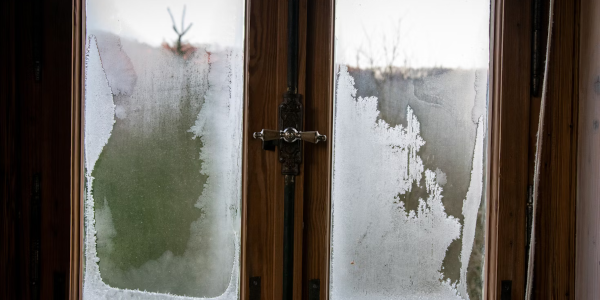“Truth never damages a cause that is just.” –
This blog post is an extended version of an article that previously appeared in The National as part of Common Weal’s In Common newsletter.
If you’d like to support my work for Common Weal or support me and this blog directly, see my donation policy page here.
Long time followers will know of my personal conviction that democracy cannot exist without transparency. There is a long list of issues that this impacts. If we can’t see what Government is talking about. Who is talking to them. What money is being spent where. Where that money is coming from. How policies are being formed. How their impact is being measured. If any of these things are happening only behind closed doors, then we cannot properly hold Government to account or ensure that they are meeting their promises.
The current legislation around Freedom of Information in Scotland is decent but it is also out of date and needs reform and expansion. It was one of the first Bills passed by the recommenced Scottish Parliament, but it has been creaking at the seams for some time.
In 2019, the Post-Legislative Scrutiny Committee in the Scottish Parliament picked up the Freedom of Information (Scotland) Act – known in shorthand as FOISA – and decided to see where it could be updated. We were keen supporters of this process and you can see me give evidence to the committee here. Several areas of reform were identified including a major one where the increasing use of private companies and ‘arms-length’ bodies to deliver public services may be weakening the effect of our Freedom of Information.
One prominent and oft-cited example is that if a Local Authority owns a care home, then you have the ability to submit an FOI request to get information about the care home. However, if the Local Authority sells off that care home to a private company and then hires them to provide care services then you might find that you can’t submit the same kinds of FOI requests. You might also not be able to submit certain requests to the Local Authority such as a request to see the terms of the contract they signed to ensure that they’re not overpaying the private company for care as an FOI request of that kind can be blocked due to ‘commercial sensitivity’.
In this way, privatisation could well be used as a shield against freedom of information. If a corrupt or ill-willed public body wished to conceal something it was doing from view, then they could simply privatise it. The committee determined that there was therefore merit in the idea that the transparency should follow the public money, not the public bodies. That is, if a private company is using public money to deliver a service then it should be just as subject to Freedom of Information as if that service was being delivered ‘in house’ by a public body.
Unfortunately, the Scottish Government decided in the end to not do anything with the Committee’s recommendation to rectify this problem which prompted Labour backbench MSP Katy Clark to submit a Members’ Bill calling for reform of the legislation to strengthen FOI powers in this area. You can listen to my interview with her on the Bill in Episode 138 of the Common Weal Policy Podcast when she was just at the start of the process of introducing the Bill.
A consultation into her Bill has just concluded but we have submitted our response to it largely agreeing with its aims but calling for it to go further in a few areas.
One of these areas is in the concept of ‘proactive disclosure’. Right now, there is a great deal of information being held by Government that you could have put out into the public domain if you submitted an FOI request for it but, until someone does, it will remain secret. This is a problem. Public information should be public and not subject to the whim of someone, somewhere coming up with the appropriate question.
For example, perhaps you want to check to see if someone in particular has been lobbying the Scottish Government and might be doing it in a way that it doesn’t appear on the Lobbying Register. Emails are not Registered Lobbying in the same way that a face-to-face conversation is.
If an organisation doesn’t want you to know that they’ve been lobbying Government Minsters then keeping the conversations to email and phone calls is a decent way of doing it because you need to have some idea that they ARE lobbying Government before you can submit an FOI. Under the current Lobbying Register legislation, even if an organisation would WANT to disclose that information, they are not allowed to.
But let’s say you do have that idea and you decide that you do want to find out what Dr Craig Dalzell, Head of Policy & Research at Common Weal has been saying in email communications with Angus Robertson about the Scottish Government’s Independence White Papers, for example. That’s a perfect valid FOI request and those emails will be released. [I have no idea who submitted that FOI by the way, but it was a good one! Especially as it confirmed that Robertson knocked back Common Weal’s offer to advise on said White Papers given that we had already done the work for them]










